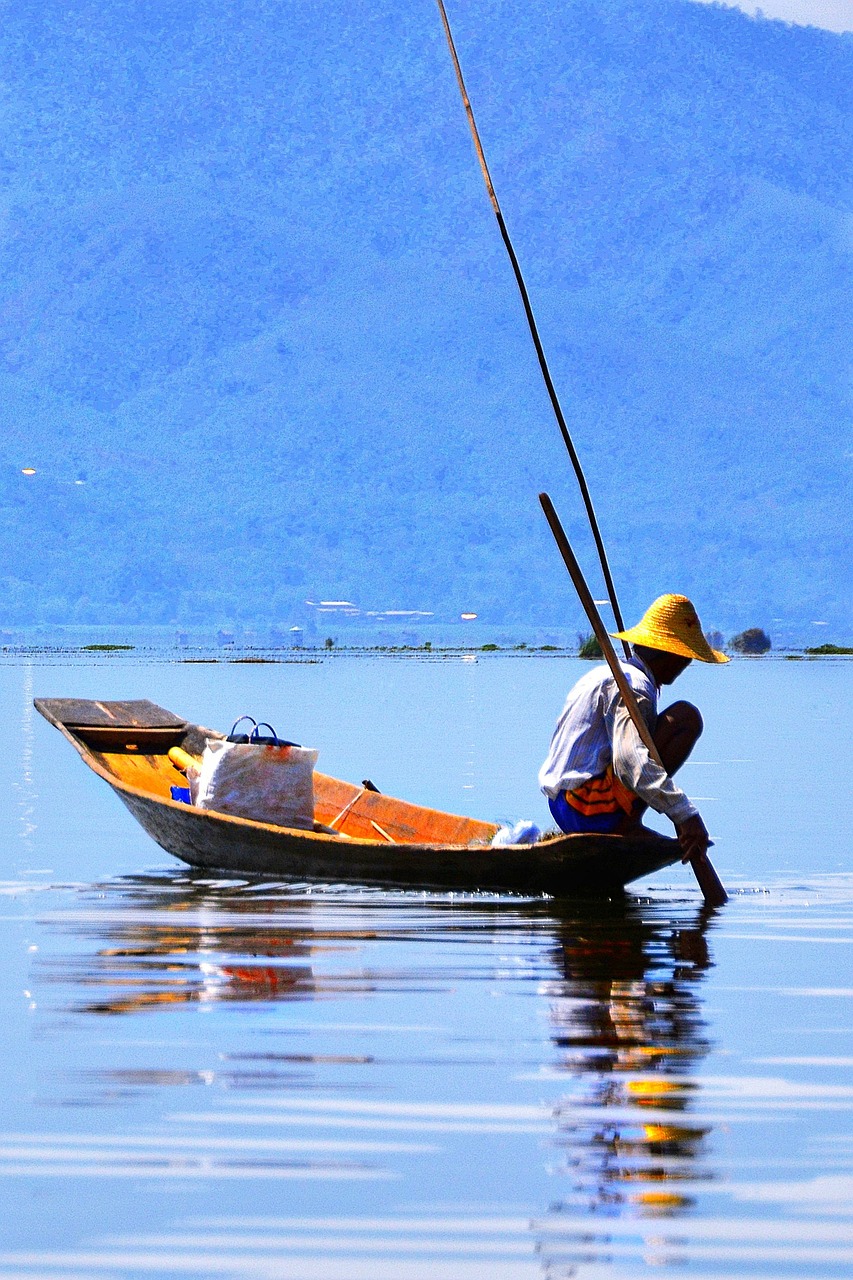Cultural Etiquette: Doing Business in Myanmar
Myanmar, formerly known as Burma, is a Southeast Asian country with a rich cultural heritage. As the country opens up to foreign investments, it is essential for business professionals to understand and respect the local cultural norms and etiquette when conducting business in Myanmar. This article will provide a comprehensive guide to cultural etiquette in Myanmar, highlighting key aspects that will help you navigate the business landscape with ease and build successful relationships.
Introduction to Myanmar
Myanmar is a diverse country with a population of over 54 million people. Buddhism is the predominant religion, and Theravada Buddhism plays a significant role in shaping the culture and values of the people. The official language is Burmese, and English is widely spoken in urban areas and among business professionals. Myanmar has a hierarchical society, and respect for elders and authority is highly valued.
Business Meetings and Communication
When scheduling a business meeting in Myanmar, it is important to plan well in advance and confirm the meeting a few days before. Punctuality is appreciated, although delays may occur due to traffic or other unforeseen circumstances. It is advisable to arrive on time and be patient if the other party is running late.
Myanmar Image 1:

During business meetings, it is customary to greet the most senior person first. The traditional greeting in Myanmar is a slight bow with hands pressed together in a prayer-like gesture, known as “namaste.” It is polite to address people using their appropriate titles, such as “U” for men and “Daw” for women, followed by their first name.
Business Attire
Business attire in Myanmar is typically formal and conservative. Men should wear a suit or a long-sleeved shirt with trousers, while women should opt for modest and professional attire, such as a blouse or a dress that covers the shoulders and knees. Avoid wearing revealing or casual clothing, as it may be considered disrespectful.
Myanmar Image 2:

Building Relationships
In Myanmar, building personal relationships and trust is crucial for successful business partnerships. Take the time to engage in small talk and get to know your counterparts on a personal level before diving into business matters. Avoid discussing sensitive topics such as politics or religion unless initiated by your local counterparts.
Gift Giving
Gift giving is a common practice in Myanmar and can help foster goodwill between business partners. When presenting a gift, it is customary to use both hands and offer it with a slight bow. Gifts should be wrapped neatly and should not be opened immediately. It is polite to reciprocate the gesture by accepting a gift graciously.
Myanmar Image 3:

Negotiation and Decision Making
Negotiations in Myanmar may take time, as the decision-making process is often consensus-based and hierarchical. Patience is key when discussing business terms, and it is important to avoid pressuring your counterparts. Building trust and maintaining a respectful demeanor throughout the negotiation process will increase your chances of successful outcomes.
Business Dining
Business meals in Myanmar are an opportunity to further strengthen relationships. It is common for the host to order a variety of dishes to share, and it is polite to try a bit of everything. Avoid starting to eat or drink before the host, as it is considered impolite. Remember to remove your shoes when entering a private residence or a traditional restaurant.
Business Card Etiquette
Exchanging business cards is an important ritual in Myanmar. When presenting your card, use both hands and offer it with the writing facing the recipient. Take the time to read and acknowledge the details on the card before putting it away respectfully. It is considered disrespectful to write on or fold someone’s business card.
Conclusion
Doing business in Myanmar requires a deep understanding and respect for the local culture and customs. By following the cultural etiquette guidelines outlined in this article, you will be able to navigate the business landscape successfully and build strong relationships with your Myanmar counterparts.
References
– myanmartourism.org
– investmyanmar.gov.mm
– asiatravel.com/myanmar
– worldbank.org/myanmar


